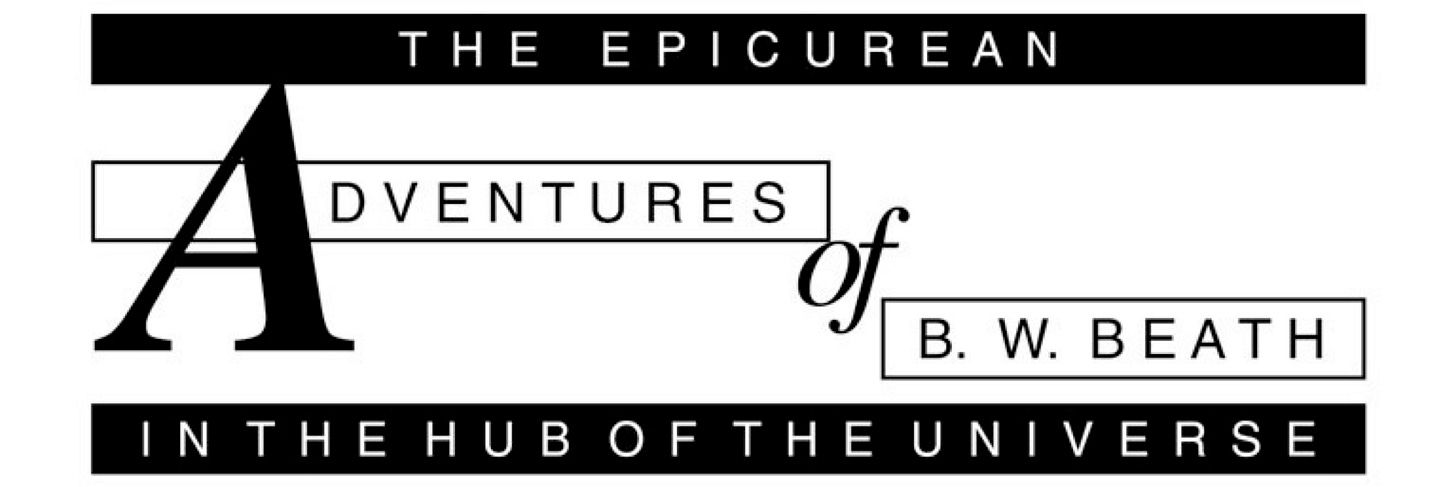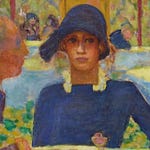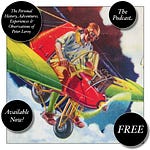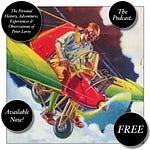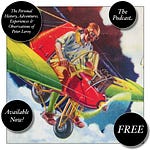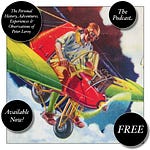Café Zurich
Are we going soft? We have thought about this review for hours, and though we know what we ought to do, we cannot quite bring ourselves to do it. We ought to mock the vaulting pretentiousness of Café Zurich, its burlesque theatricality, the grotesque vulgarity of its patrons, and so on, and so on, and so on, but something awful has happened to us. We’ve been stricken by something very like a disease, its symptoms a debilitating tenderness, even compassion, that seems to have had a peculiar effect on our judgment, something analogous to a portrait photographer’s forgiving and flattering soft-focus lens. Somehow, when we look back at the evening we passed at Café Zurich, a rosiness suffuses all, the viscous sauces seem luscious, the flunkies’ fake performances seem quite genuinely deferential, and the puffing fatties dining around us seem somehow charming. Was there Valium in our water? Was das einege Zaubertrank?
Wait a moment. The effect is fading. It comes and goes. There, that’s better. We can see clearly again. Yes, it’s all coming back to us now, warts and all. We seem to be in a barn decorated by a pastry chef. The effect is supposed to be grand, to take our breath away. Café Zurich is — let’s get this straight at the start — a dinner theater. These people aren’t really in the restaurant business; they’re running a theme park. The implicit promise when one walks through the studded leather doors is not tasty food but a taste of luxe. Since we are assumed not to be able to recognize this flavor, we must be told when we are tasting it. The background music tells us as soon as we arrive, inspiring as it does thoughts along these lines: Say, I recognize that music in the background. It’s classical. Renaldi or Baldy or something like that. You hear it in all the classy malls. You know — “The Four Seasons.” Jeez, this is some swanky place, huh?
If it weren’t for the fusillades of corks, rubes like us wouldn’t realize that people are drinking champagne, right? Nor would we realize that we really ought to order some ourselves. If our waiter opened our bottle gently, without that happy pop we’ve seen on TV, how would we know we were getting the real stuff? This is not a subtle place, reader. Every little luxury, every bit of service, has to be announced, has to be given an exaggerated flourish, has to have its fanfare, so that we won’t miss it, so that we will be assured that we are in a luxurious setting, so that we will believe we’re really getting service.
If Café Zurich had wheels, it would be a big white stretch limo, with a bar, TV, VCR, and European sex videos — dubbed. To come here is to relive the big date, prom night, your wedding reception. Just look at the people around us. They can’t read the menu, so they have no idea what to order. They can’t make conversation about anything they haven’t seen on television. They glance furtively around the room, wondering if anyone is anybody. No one is.
[to be continued]
In Topical Guide 524, Mark Dorset considers Stating the Obvious, as a Strategy for Reaching a Large Audience from this episode.
Have you missed an episode or two or several?
You can begin reading at the beginning or you can catch up by visiting the archive or consulting the index to the Topical Guide.
You can listen to the episodes on the Personal History podcast. Begin at the beginning or scroll through the episodes to find what you’ve missed.
You can listen to “My Mother Takes a Tumble” and “Do Clams Bite?” complete and uninterrupted as audiobooks through YouTube.
You can ensure that you never miss a future issue by getting a free subscription. (You can help support the work by choosing a paid subscription instead.)
At Apple Books you can download free eBooks of Little Follies and Herb ’n’ Lorna.
You’ll find overviews of the entire work in An Introduction to The Personal History, Adventures, Experiences & Observations of Peter Leroy (a pdf document) and at Encyclopedia.com.




